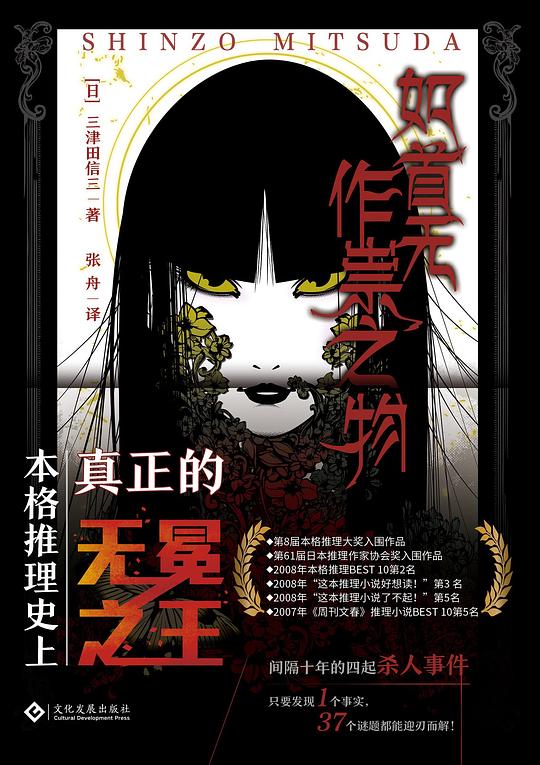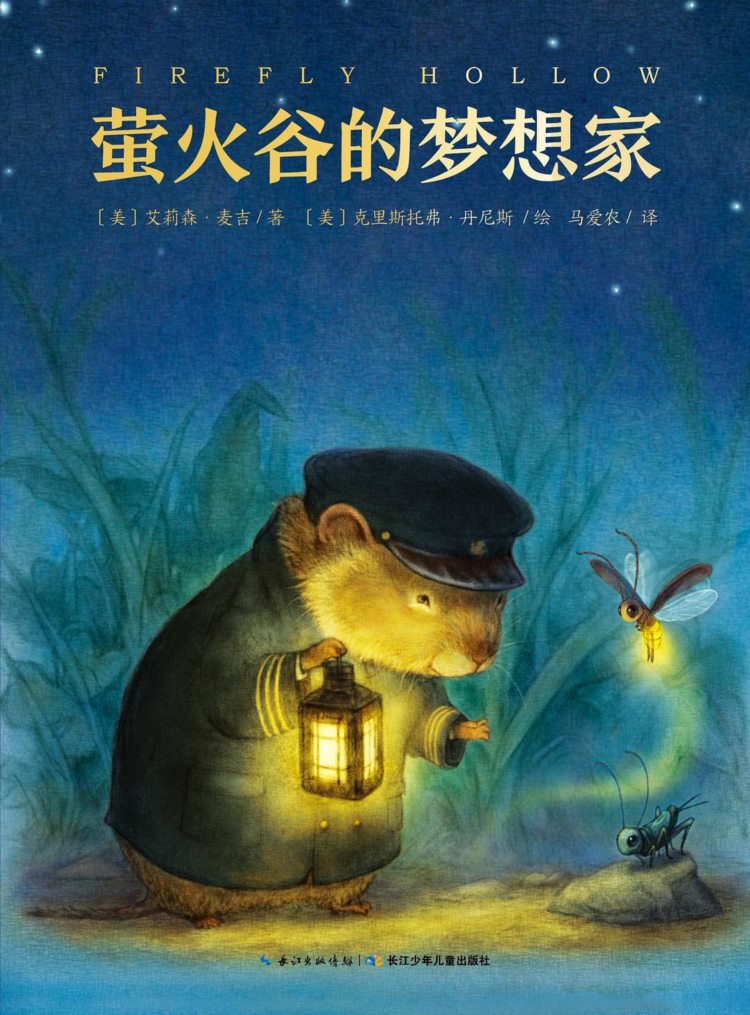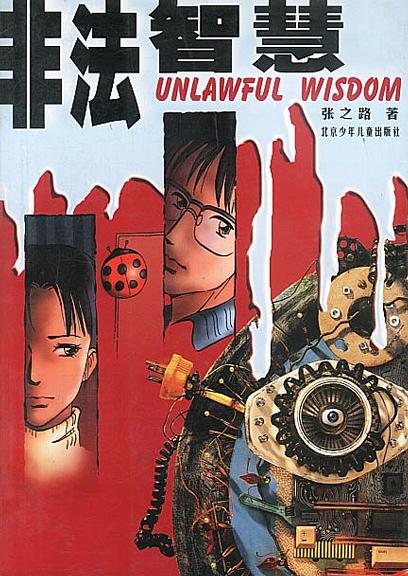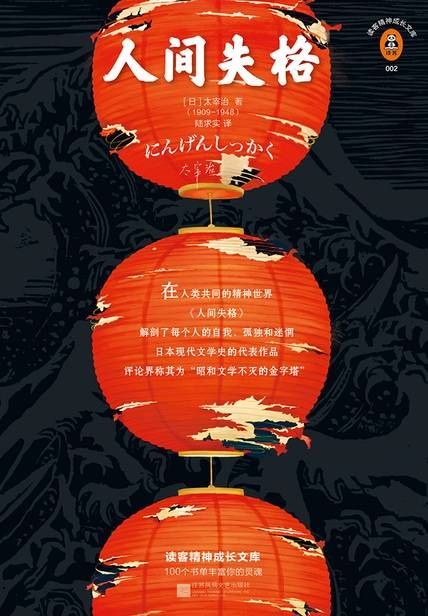
书名读通顺,如首无作祟之物无惧恐怖
书名:如首无作祟之物
1
0

勇士之心 2023-06-19 16:55:26
After reading this book, I finally managed to pronounce the title properly, including the words "Shouwu", "Zuoshi", and "Zhiwu". Although I could understand the latter six words, I wonder why the word "Ru" was used in the title.
I found the early part of the book extremely difficult to read. The authors writing style was poor, and although the plot was intriguing, reading experience is also essential. In comparison, novels by Keigo Higashino may have plots that are relatively straightforward, but the reading experience is enjoyable and immersive. I only began to scrutinize the book thoroughly after the second murder case. However, I still missed some crucial details, and ideally, I should read it again to understand the processes of reasoning and various narratives. Nonetheless, I know the story.
In this remote mountain village, there are three families - Shi, Er, and San, who are related by blood. They worship two decapitated people, whose identity is irrelevant. They enjoy the wealth that Shouwu brings them (superstitiously), but the price to pay for such wealth is that their male descendants die young. If there are no male heirs, the Shi family must pass the Shouwu to either the Er or San family, along with the accumulated wealth.
Therefore, when a pair of twins is born into the Shi family, they switch their gender roles, raising their daughter as a son, and their son as a daughter to deceive the divine Tan Shou. They give their daughter, Chang Shoulang, a privileged upbringing, while their son, Fei Nuzi, is raised poorly. This is similar to rural Chinese customs, where kids are given derogatory names, such as "Goushang"(meaning leftover dog), to avoid the wrath of Yama (the god of death). Sometimes parents would even pierce their sons ears and raise him as a girl. However, in this village, a designated male heir must exist, and Chang Shoulang is pushed to the front as the successor. Meanwhile, Fei Nu, as a substitute candidate, became a servant of the Shi family at the age of five. At six, he developed feelings for the young master (quite precocious), and everyone treated him as an adult when conversing with him - especially...
相关推荐
萤火谷的梦想家
艾莉森•麦吉出生于1960年,是美国《纽约时报》畅销书作家,同时也是大都会州立大学创意写作课的教授。她的作品被翻译成20多种语言并出版,也曾被提名普利策奖,并获得苏斯博士奖金奖、克里斯托弗图书奖、美国 [美]艾莉森•麦吉/[美]克里斯托弗•丹尼斯/绘 2023-03-27 16:50:25鬼马女神捕1·绝密卧底(上)
腹黑凤凰vs毒舌鸡妖——蓝翎:“小姬,跟我去人界吧!”姬十四:“干吗?让人宰了我做小鸡炖蘑菇吗?”蓝翎:“不啊,让妖怪宰了你做小鸡炖蘑菇更气派。”凤凰蓝翎和鸡妖姬十四生活在无忧无虑的灵界。他们的故乡叫 郝天晓 2023-04-17 00:22:47© 2023-2025 百科书库. All Rights Reserved.












发表评价